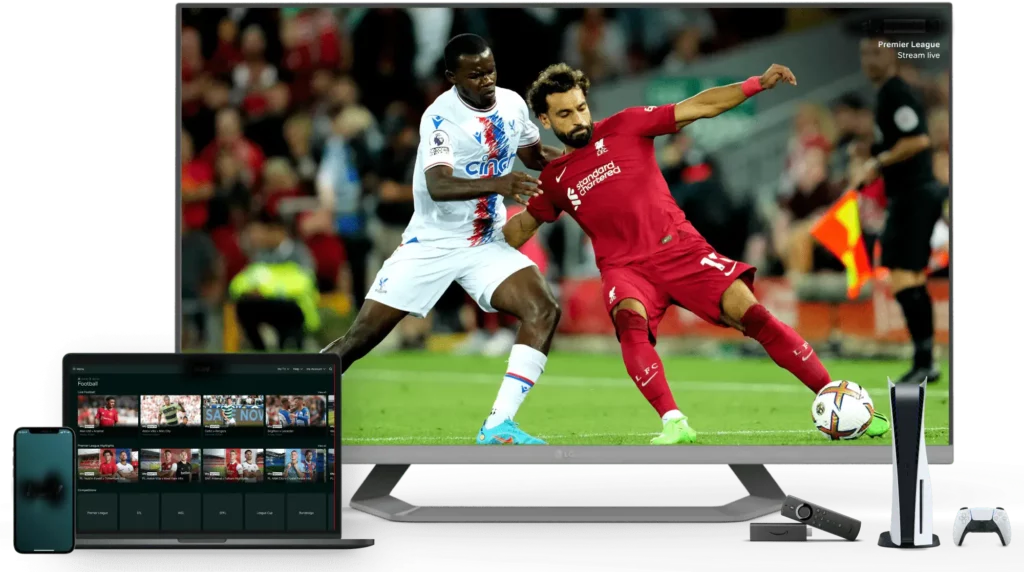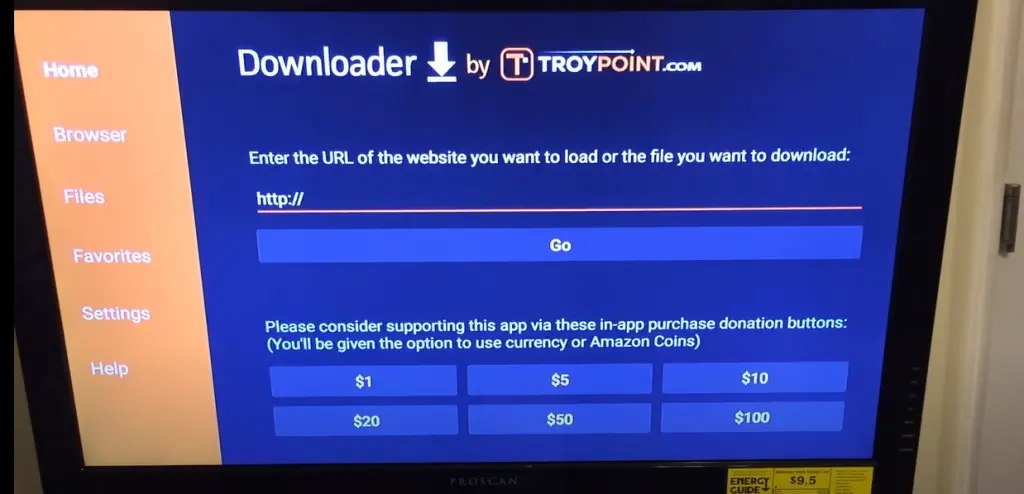What Speed Does IPTV Need?
Introduction
Internet Protocol Television (IPTV) has become a popular alternative to traditional cable and satellite TV services over the past few years. IPTV allows users to stream TV content over an internet connection, offering greater flexibility, control, and cost savings. However, IPTV requires a stable and fast internet connection to ensure optimal viewing experience and streaming quality. In this article, we will explore the recommended internet connection speed for IPTV and the factors that impact IPTV performance.
IPTV Connection Speed Requirements
The recommended internet connection speed for IPTV varies depending on the quality of the streaming content and the number of devices connected to the network. Generally, IPTV requires a minimum download speed of 10 Mbps for standard definition (SD) channels and 20 Mbps for high definition (HD) channels. Therefore, to stream HD content smoothly, an internet connection speed of at least 20 Mbps is recommended.
However, these speeds are only a general guideline, and the actual speed required for IPTV largely depends on the source and type of content being streamed. For instance, some IPTV providers use compression algorithms to reduce the bandwidth required to stream their channels, while others may offer 4K ultra-high-definition (UHD) content, which requires faster internet speeds (up to 50 Mbps).
Factors That Affect IPTV Performance
In addition to the internet connection speed, several other factors can impact the performance of IPTV. These include:
1. Network Latency: Network latency refers to the time delay between the transmission of data packets from the source to the recipient. High network latency can result in buffering, stuttering, and poor video quality, making it challenging to watch IPTV channels.
2. Streaming Protocols: IPTV streams are delivered using various streaming protocols, such as HTTP, RTSP, and RTP. Each protocol has its unique features and requirements, and some work better than others. For example, HTTP streaming is less prone to buffering and delivers better video quality than other protocols.
3. Quality of Service (QoS): QoS refers to a set of techniques and algorithms used to prioritize, allocate, and manage network resources to ensure that critical data packets are delivered with minimum delay. IPTV requires a high level of QoS to ensure smooth streaming and uninterrupted video playback.
Conclusion
In conclusion, IPTV requires a fast and reliable internet connection to ensure optimal streaming quality and user experience. While a minimum download speed of 20 Mbps is recommended for HD channels, the actual speed required depends on the type of content being streamed, the streaming protocol used, and the QoS of the network. Therefore, before subscribing to IPTV services, it is essential to conduct a speed test to determine the required internet speed and ensure that you have a stable network infrastructure capable of handling IPTV traffic. By doing so, you can take full advantage of the benefits that IPTV offers, such as flexibility, control, and cost savings, and avoid the frustration of buffering and poor video quality.
Get your subscription today: iptvuk.uk






